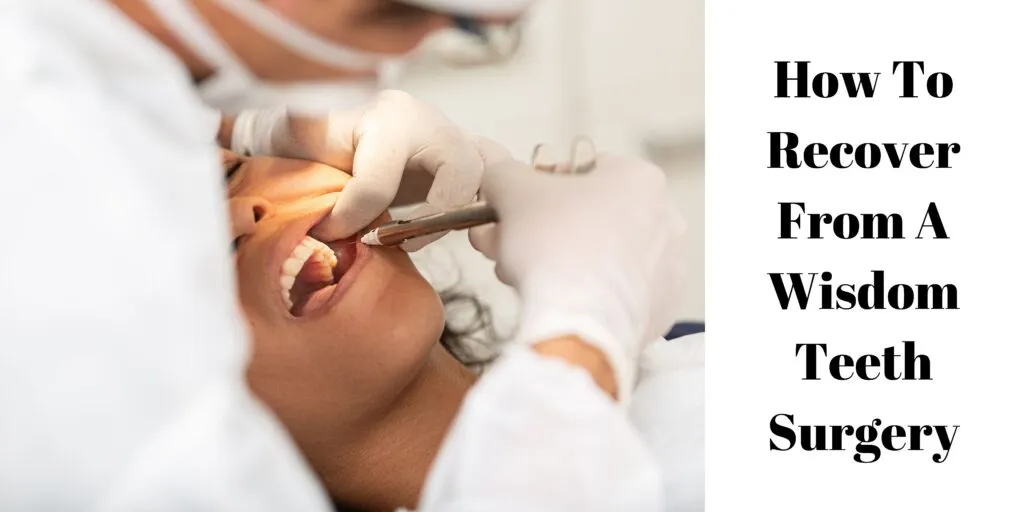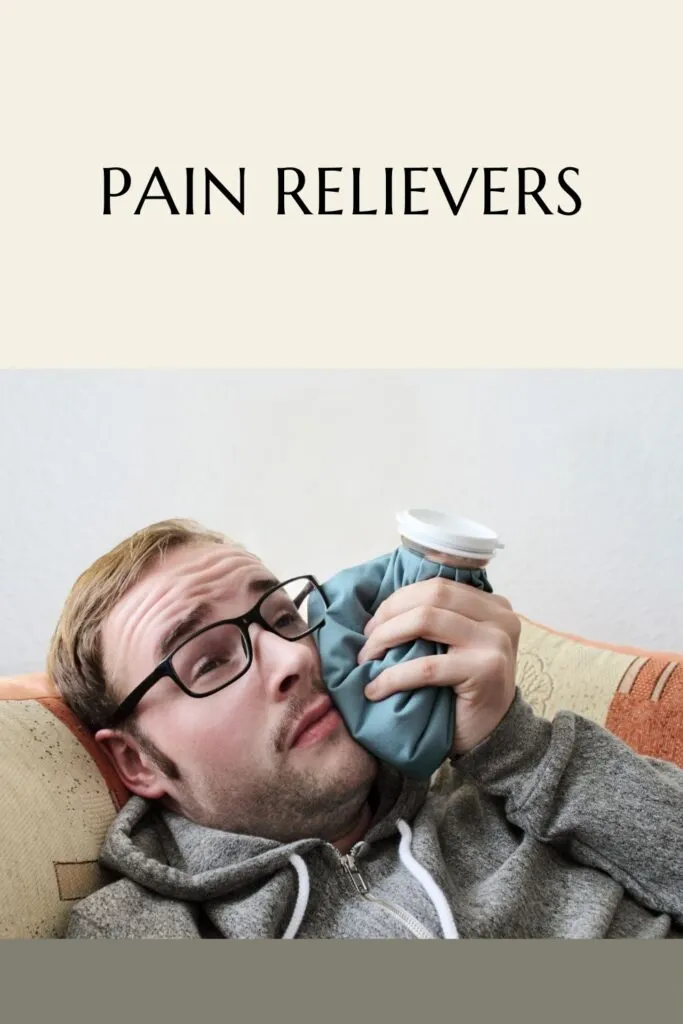Wisdom teeth are the third and last set of molars at the upper or lower area of the back of your mouth. It’s one of the major dental milestones that usually occur between the ages of 17 to 21. Also, they’re called ‘wisdom’ because they emerge when one is already mature enough.
However, not everyone may experience having wisdom teeth. Thirty-five percent of the entire world population don’t have a third set of molars. Experts linked this phenomenon to the evolution that humans are evolving and gradually eradicating wisdom teeth over time.
This evolution can be considered a blessing since wisdom teeth often result in pain and suffering. With that in mind, it would be best to consult your dentist and have it extracted immediately in case this happens to you. While the surgery may be a minor operation, the recovery period can take up to two weeks, depending on the difficulty of the procedure.
After the extraction, you may experience having difficulties eating due to swelling, jaw stiffness, muscle soreness, and mild bruises. It could be challenging for most patients, so knowing the steps for a speedy recovery is crucial.
Here are some smart tips that may help you:
- Gently Bite A Gauze Pad
The first thing you need to do is stop the bleeding around the extraction area. You may be advised to bite a gauze pad to encourage blood clot formation, which is essential to wound healing.
When the blood clots form, the blood becomes as thick as glue, making it difficult for the blood to flow. In addition, blood clots protect the wound and exposed jawbones from unwanted infections that may slow down the recovery process.
Furthermore, make sure not to apply too much pressure when biting to prevent the wound from opening. You may need to bite down the pad for at least five minutes or until the bleeding stops.
- Apply Ice Compression On The Site
One of the best ways to relieve pain after a wisdom tooth extraction is by applying ice around the cheek and jaw adjacent to the surgical site. Ice compression may help reduce the swelling and bruising that usually comes after the surgery.
You may apply it on your cheeks for at least 15 to 20 minutes and take a 20-minute break before applying again for another 15 minutes. Furthermore, your dentist may advise you to do this within 36 to 48 hours after the surgery.
- Follow The Medication Prescribed
When your doctor gives you a list of prescribed medications, you need to follow it religiously, including the dosage and time you have to take them. Medications have the required dosage for them to work according to their functions. Doing this will help you recover immediately.
After the extraction, it’s normal to feel some pain that may last for a couple of days. To address the issue, your dentist may ask you to take over-the-counter (OTC) medications or pain relievers to mitigate the pain. These OTCs include ibuprofen, acetaminophen, and naproxen sodium.
If the pain doesn’t subside, ask your dentist for a stronger pain reliever. However, make sure to follow their instructions to avoid overdosing yourself, which may result in other complications.
Furthermore, you may be advised to take antibiotics to prevent and fight off infections. However, you have to make sure to follow your dentist’s instructions for the antibiotics to work.
You might need to continue taking them, even if it looks perfectly fine if that’s what your dentist advises you. Then, stop taking antibiotics immediately after the medication period to prevent bacteria from becoming resistant to them.
- Always Keep Your Mouth Clean
The key to a problem-free and infection-free recovery is a clean mouth. Your dentist may allow you to brush your teeth on the same day after the extraction. However, make sure to do this gently to prevent the blood clot from dislodging.
In addition, your dentist may advise you to rinse and gargle your mouth with a mixture of salt and water. Commercial mouthwashes are not recommended because of the strong, active chemicals they contain that may affect and slow down the healing process.
Additionally, it’s recommended to do this around three to five times per day, particularly after proper meals.
- Consume Soft Foods
Food is an important factor for a timely and faster recovery process. You want to consume foods high in nutrients to boost your immune system and prevent possible infections. In addition, nutrient-dense foods may help you reduce the swelling and risks of having complications.
However, make sure to consume easy-to-chew and soft foods to prevent the wound from reopening and bleeding. You might need to limit your daily meals to flavorful soups, mashed veggies, blended broths, and avocados.
- Have Plenty Of Rests
Rest is crucial to any type of surgery, no matter how minor or major the operation is. Your dentist may still allow you to perform your usual routine. However, make sure that you get to rest as much as possible. In this way, your body will be able to recover faster.
In addition, make sure to get enough uninterrupted sleep for at least seven to nine hours every night. This will help you reduce swelling and lower your blood pressure, minimizing the strain on your blood vessels.
- Avoid Alcohol And Sweets
After every surgery, there are things that need to be avoided for faster healing and recovery. These include the following:
- Drinking Alcoholic Beverages – Alcohol may eradicate the population of natural microflora in your mouth, which helps your wound heal properly. Also, it promotes the growth of harmful pathogens that may cause wound infection, delaying recovery.
- Consuming Sugary Foods – When healing a wound, avoid any food containing a high amount of sugar, such as candies. Harmful bacteria love feasting on these to promote their growth. Also, it enables plaque formation, particularly around the gums and teeth.
Avoiding these restrictions will help your wound heal and recover as soon as possible.
Final Words
Wisdom teeth extraction is a common dental surgery most people may experience. It may be a minor procedure, but the total recovery period can take up to two weeks. With that in mind, you might need some helpful tips to speed up the healing process.
Some tips include icing the area, taking proper medications, biting a gauze pad, and keeping your mouth clean. You may also consider consuming soft foods to avoid damaging the wound site and have adequate rest as much as possible. In addition, you should consider the things you have to avoid to prevent suppressing the recovery process.


